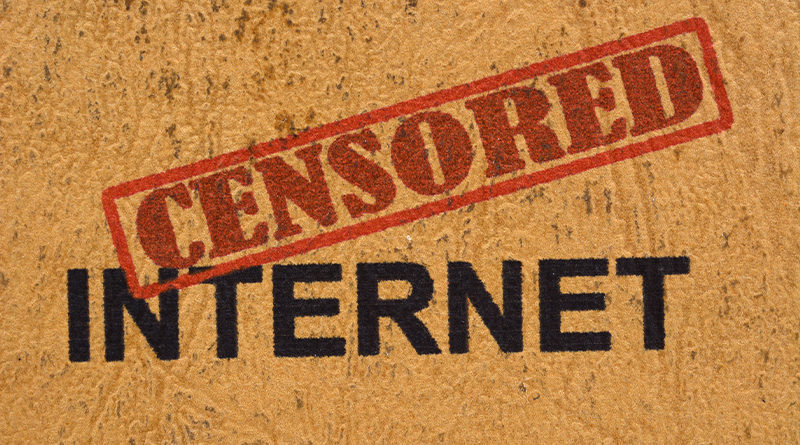Column | Trump, supporters, misinterpret First Amendment protections
By Lindsey Canny
Proverbs 17:28 in the Bible says, “Even a fool is thought wise if he keeps silent, and discerning if he holds his tongue.”
Abraham Lincoln, Mark Twain, and author Maurice Switzer are credited with a similar, yet modified phrasing which says, “It’s better to remain silent and risk being thought a fool than to open your mouth and remove all doubt.”
Even if you’re unfamiliar with those wise nuggets of advice, even by kindergarten we all learn the adage, “If you can’t say anything nice, don’t say anything at all.”
But this is AMERICA. The First Amendment to the United States Constitution guarantees our right to say whatever we want to, right? No. Not at all.
The Amendments—and the first one in particular—are some of the most misunderstood pieces of literature and legislation there are, and they are mostly misunderstood by the arm-chair “experts” who claim to know their freedoms.
Don’t get me wrong: the guarantee provided by our Constitution that we can criticize our leaders and our government without having the fear of citizens being black-bagged in the streets on a daily basis is a right and privilege that is not afforded to everyone on earth—and is something we should never give up as citizens of this nation. However, not all speech is protected under the First Amendment.
Currently, there are at least nine exceptions to free speech—i.e., speech that is not protected by the First Amendment—or has limited protection. These are: incitement for imminent lawless action or incitement to suicide; obscenity; child pornography; commercial speech (like false advertising); false statements of fact (like libel or slander); fighting words (words intended to create unrest or to break peace); plagiarism; threats against the President of the United States; and speech that persons in special capacities of the government can regulate (such as restricting those kinds of speech listed above on the airwaves, in schools, or in the military).
After the violent insurrection on the U.S. Capitol building on January 6, and after the subsequent ban of Trump and some of his supporters from Twitter, Facebook, Instagram, YouTube, Snapchat, and the removal of hate-group gathering site Parler from the app stores, there was an outcry from these and other supporters that they have been victims of government-level gagging; that their First Amendment rights had been desecrated. But this was not the case.
First of all, because Trump’s initial call on Twitter and his rally speech before the riot incited his followers to march on the Capitol, and because it ended in lawless action, unrest, and broken peace, the speech was not protected by the First Amendment.
Second, and almost more importantly, even if he simply wanted to continue to use a personal social media account to rant about imagined voter fraud and how big of a winner he is, those apps and sites have no obligation to give him a podium and a microphone.
While large, monopolistic private companies restricting speech is scary in an Orwellian way in its own right, social media is still nascent enough to not have oversight rules in place as public-square spaces where speech can or should be free and uninhibited the way a physical street corner is.
For now, that may be all these groups still have: a corner, a soap-box, and a pair of lungs to shout from.
Last, as was hinted at by the bible passage and Twain’s words of wisdom, if the best argument that can be found in favor of any piece of speech is simply that it should be allowed to be said, it might not be the wisest thing to come out of a person’s mouth, and it might be in that moment that the fools are revealed.
They certainly were after January 6. After all, while speech should be free, the talk shouldn’t be cheap.
Lindsey Canny is a paid columnist for the Metro Wire. She chooses her own topics and her opinions do not necessarily represent the staff of the Metro Wire. She is a UWSP alum who works as a teacher in Stevens Point.


